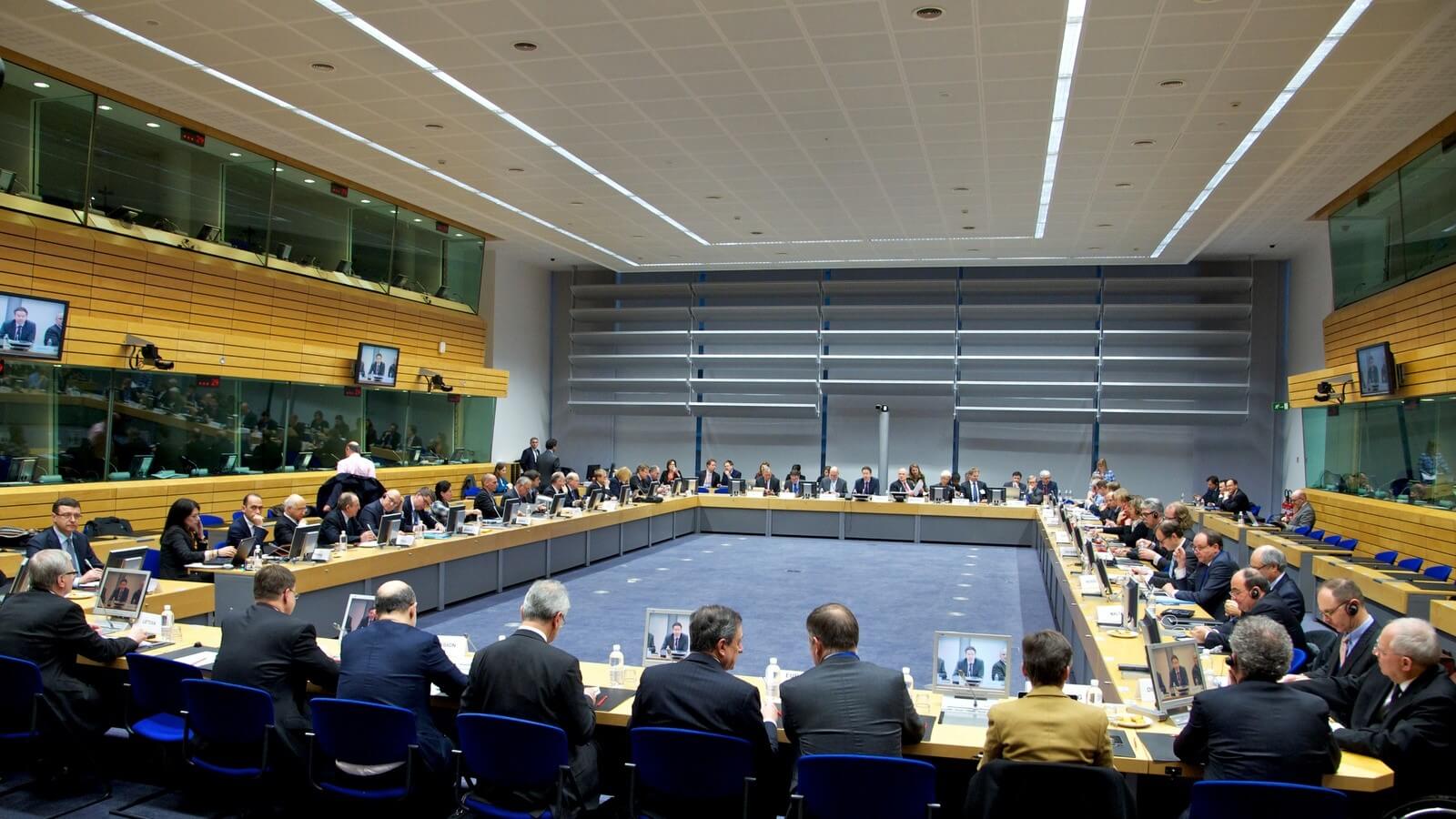During a meeting between the foreign ministers of the European Union (EU) in Brussels on Monday, members remained divided over whether to impose sanctions on Russia’s energy sector, with some saying that there is a moral imperative to do so while others said that their dependence on Russia is simply too high to consider such an extreme step
For instance, Lithuania’s Minister of Foreign Affairs, Gabrielius Landsbergis, declared: “Why should Europe give Putin more time to earn more money from oil and gas? More time to use European ports? More time to use unsanctioned Russian banks in Europe? Time to pull the plug.”
Along the same lines, Ireland’s Minister for Foreign Affairs, Simon Coveney, said, “Looking at the extent of the destruction in Ukraine right now, it’s very hard to make the case that we shouldn’t be moving in on the energy sector, particularly oil and coal.”
Minister @simoncoveney attending the Foreign Affairs Council #FAC in Brussels today. 🇮🇪🇪🇺
— Ireland In The EU (@IrelandRepBru) March 21, 2022
"Today is another important day to show #EU unity and resolve in the face of Russian aggression in #Ukraine" pic.twitter.com/ad93Ub5BpO
Similarly, French President Emmanuel Macron said there should be no “taboos” on sanctions if the situation in Ukraine deteriorates further.
Some members appeared willing to impose the measures but not immediately. One EU diplomat said he hoped that the bloc would be able to wean its dependence on Russia for oil by June this year and find enough alternative sources of energy to consider an oil embargo.
Others were far more direct in their opposition to the idea to impose an oil embargo, such as Germany and the Netherlands, which noted the bloc’s extreme dependency on Russian oil. The EU currently imports 40% of its gas, 26.9% of its crude oil, and 46.7% of its solid fuel (such as coal) from Russia.
Keeping this in mind, German Minister for Foreign Affairs Annalena Baerbock said, “The question of an oil embargo is not a question of whether we want or don’t want [it], but a question of how much we depend on oil,” adding, “Germany is importing a lot [of Russian oil], but there are also other member states who can’t stop the oil imports from one day to the other.” Baerbock thus encouraged the bloc to work towards reducing its reliance on Moscow for energy before such a drastic step can be considered.
Apart from an oil embargo, other potential sanctions, including addressing loopholes on trust funds used by Russian oligarchs, barring more banks from using the SWIFT international payment system, sanctioning more individuals, and restricting Russian boats from docking in the EU ports, were also discussed at the meeting.
Furthermore, the bloc’s defence and foreign ministers adopted a security strategy to shore up the bloc’s defences, under which they agreed to establish a “rapid reaction force” consisting of 5,000 troops to be deployed swiftly during a crisis.
Meanwhile, the EU’s foreign policy chief, Josep Borrell, said the bloc would continue to “isolate” Russia, but concrete decisions would be taken later. The decision on potential sanctions will likely be taken during United States (US) President Joe Biden’s visit to Brussels later this week.
#EuropeanUnion declares that #Russia commits large-scale war crimes in #Mariupol.
— NEXTA (@nexta_tv) March 21, 2022
With these words Josep #Borrel began a meeting of EU foreign ministers in Brussels. They are discussing new sanctions against Russia. pic.twitter.com/xvozen7vrO
Russia has warned the EU against imposing an oil embargo. Kremlin spokesman Dmitry Peskov said, “Such an embargo will affect, and will affect very seriously, the world oil market in general,” adding, “[It] will seriously affect the energy balance on the European continent for the worse.”
The pressure for more sanctions came after Russia demanded Ukraine to surrender the port city of Mariupol. It has also continued bombing maternity hospitals, civilian infrastructure, and shelters.
The EU has already enacted four rounds of sanctions targeting Russian banks and oligarchs. In its latest sanctions, the bloc restricted the export of luxury goods to Russia as well as the import of steel.

